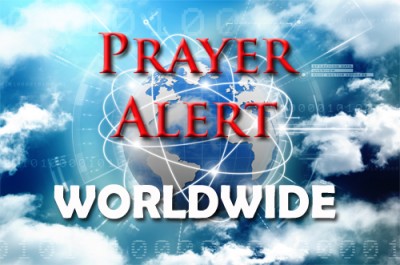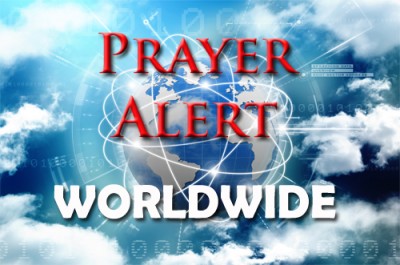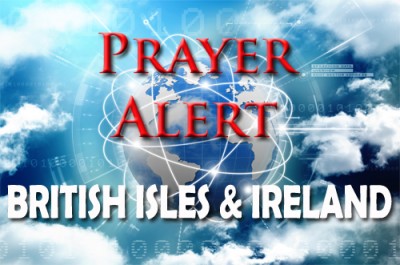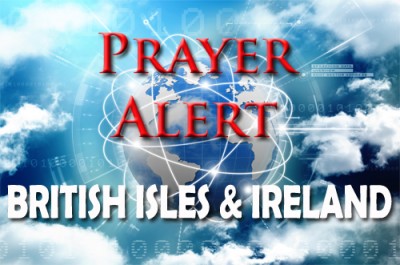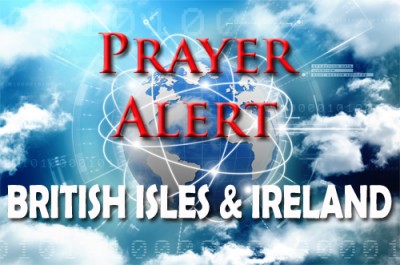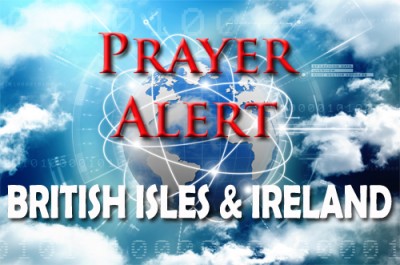Global: making a difference 2
07 Oct 2016If the world won’t take the refugees, then 6-year-old Alex will. At least, he has offered to take in one Syrian, the child photographed last month while he sat in the back of an ambulance, his head dusty and bloodied after a bomb hit his family’s home. Alex wrote to President Obama, ‘Do you remember the boy who was picked up by the ambulance in Syria? Can you please go get him and bring him to my home?’ Obama read the note recently at the UN leaders’ summit on refugees, and posted it online. Obama chided world leaders for not doing enough to help refugees, calling the global refugee crisis ‘one of the most urgent tests of our time.’ 65 million people are displaced from their homes; most of them come from countries of great poverty, or as in Syria’s case, that have experienced prolonged war. For a transcript of the letter, click the ‘More’ button.
Islamic criminal law
07 Oct 2016Islamic law originated on the Arabian peninsula in the 7th century AD, a jurisprudence shaped by specific circumstances and therefore limited to individual cases. It is barely compatible with the requirements of a modern, technological society, but still regarded by many theologians as divinely given and therefore beyond question. A consistent application of its drastic forms of corporal punishment (amputation, lashing, execution, crucifixion, retribution) results in torture, crippling or inhuman forms of execution. The application of the Shari’a is particularly shameful where inbuilt curbs such as the requirement of four witnesses or due process are set aside, and influential rulers employ it as a means of repression against powerless minorities - often Christians. Although Shari’a has been highly controversial in the UK, harsh penalties are currently unknown. See also
North Korea: Canadian missionary released
30 Sep 2016Kevin Garrett and his wife Julia lived for thirty years in China, where they did missionary work and ran a Christian coffee shop. In 2014, they were arrested in Dandong, a city on the North Korean border, and accused of ‘carrying out tasks from Canadian espionage agencies to gather intelligence in China.’ Julia was released on bail in February 2015, but Kevin was kept in custody. Canadian prime minister Justin Trudeau helped to secure his release, and Garrett arrived at Vancouver Airport on Thursday. Bruce Clemenger, president of the Evangelical Fellowship of Canada, thanked Trudeau and his government, saying,‘We are grateful for your persistence in securing Mr Garrett's freedom, and your defence of the core Canadian principle of freedom of religion.’ The Garrett family also issued a statement thanking those who worked to secure Kevin’s release, as well as those who had joined together in prayer.
A generation seeking God
30 Sep 2016On Wednesday, all around the globe and in every time zone, students gathered at their flagpoles, praying for their school, friends, families, churches, and communities. ‘See You At The Pole’ (SYATP) is an annual day committed to global unity in Christ and prayer for this generation of youth. As in all great movements of prayer, SYATP did not begin in the hearts of people. It began in the heart of God. God used the obedience of a small group of teenagers 25 years ago to ignite what has become an international movement of prayer among young people. Today SYATP is still about students uniting prayer before God, interceding for their generation. SYATP falls in the Global Week of Student Prayer, 25 September to 1 October, when students find new and unique ways, places, and times to pray throughout the week.
GOD IS MOVING!
30 Sep 2016There's only a month to go until Christians from across the nations gather for Trumpet Call at the International Convention Centre, Birmingham, at 2pm on 15 October. It's a time to worship and pray for God’s will to be done and His Kingdom to come in and throughout the UK, our continent, and our world! Prayer Alert readers are encouraged to come and engage powerfully with God. Over a hundred leaders of different churches, networks and ministries will meet on the morning of that day to stand in unity to worship and prepare the way for the King of Kings. ‘His intent was that now, through the church, the manifold wisdom of God should be made known to the rulers and authorities in the heavenly realms according to his eternal purpose that he accomplished in Christ Jesus our Lord. In him, and through faith in him, we may approach God with freedom and confidence.’ (Eph. 3:10-12)
Christian Labour MP prays for party unity
30 Sep 2016Alex Cunningham, the MP for Stockton North and a Christian, has asked God to help bring the party together after the unsuccessful leadership challenge by Owen Smith. He was speaking after Jeremy Corbyn was re-elected leader of the Labour Party, winning 62% of the vote. Mr Corbyn said, ‘I will do everything I can to bring our party together, to make it an engine of progress for our country and the people that depend on the Labour Party to protect their interests, and win power to deliver real change in this country. We have much more in common than that which divides us.’ Alex Cunningham said, ‘My prayer for the party is for unity, first and foremost.’
New science and faith projects
30 Sep 2016Scientists are taking vicars on tours of laboratories and addressing church services as part of a series of projects designed to foster better understanding between science and faith. CofE vicars in Bedfordshire and Hertfordshire will tour laboratories with Christian science professionals, while scientists address Sunday services and church discussion forums on science and faith. ‘Take Your Vicar to the Lab’ is one of eight projects helping churchgoers engage confidently with science, raising the profile of Christians whose vocation is science-related, and changing the debate about science and faith in churches and communities. There will be a science, medicine and technology festival at Ely Cathedral; café-style discussion evenings with students and science professionals in Baptist churches in Leeds; a family science and faith club at parishes in Oxfordshire; 100 scientific activities for Messy Church sessions; and booklets encouraging young people to explore the Isle of Man Cathedral gardens from a science and faith perspective.
'Suicidal calls' made to tax credits firm
30 Sep 2016A firm used by the Government to cut tax credit payments has received calls from ‘suicidal’ clients. A whistle-blower said most staff weren't even trained to deal with such calls and staff were not offered counselling but were instead told, ‘Have a smoke - you'll be fine.’ But US firm Concentrix said that its staff are trained in accordance with Government guidelines, and ‘are supported as much as possible where we have encountered this type of scenario.’ Concentrix was awarded a £75m contract by the department responsible for collecting taxes and paying out certain benefits to help cut tax credit fraud and overpayment. It will not have its two-year contract renewed next year. A member of the company's Belfast office said, ‘The 600 workers were yelled at every day by clients, with people crying down the phone to you that they're down to their last bag of wipes or have no food in the fridge to feed their kids’.
